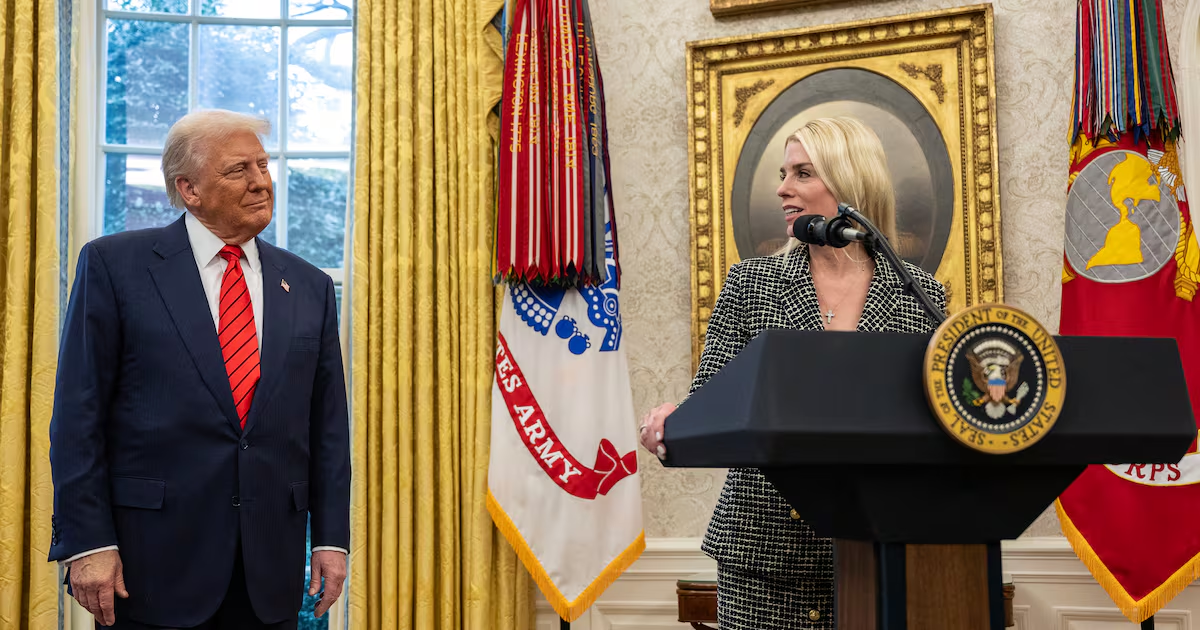“Georgians deserve secure elections, not fabricated claims of false voter suppression meant to divide us,” Bondi said.
The law, Senate Bill 202, reduced ballot drop box availability, required additional ID for absentee voting, tightened absentee ballot application deadlines and banned handing out food and water to voters waiting in line.
ExploreHow Georgia’s voting law works
Several other lawsuits remain pending against Georgia’s voting law.
Those lawsuits continue to allege that the law made voting more difficult, especially for Black Georgia voters, in violation of the Voting Rights Act of 1965. The plaintiffs include the NAACP, the African Methodist Episcopal Church’s Sixth District and voting rights groups.
“This is about protecting all Georgians and giving equal access to the ballot,” said Gerald Griggs, president of the Georgia NAACP and a civil rights attorney. “In this hyperpartisan climate, something that should be nonpartisan is access and not suppressing people’s voices.”
The passage of the law put Georgia in the crosshairs of civil rights groups.
In response to the law, Major League Baseball moved the 2021 All-Star game from Atlanta to Colorado. Atlanta-based companies like Coca-Cola and Delta Air Lines made public statements opposing the law amid protests and threats of boycotts.
Georgia Secretary of State Brad Raffensperger and Gov. Brian Kemp, both Republicans, thanked the Justice Department for ending the lawsuit, filed nearly four years ago. Raffensperger and Kemp resisted Trump’s attempts to overturn the 2020 election results but supported the law.
Raffensperger had called on Bondi to drop the case last month.
“This reaffirms that the Election Integrity Act stands on solid legal ground,” Raffensperger said Monday. “Our commitment has always been to ensure fair and secure elections for every Georgian, despite losing an All-Star game and the left’s boycott of Georgia as a result of common sense election law.”
Kemp accused Democrats of spreading “lies and misinformation” about Georgia’s elections.
In Bondi’s announcement dismissing the lawsuit, she said turnout among Black voters “actually increased” after the law passed.
While it’s true that the raw number of Black voters rose from 2020 to 2024, the percentage of Black registered voters who turned out decreased, according to state election records analyzed by The Atlanta Journal-Constitution.
As overall turnout jumped from 5 million in 2020 to 5.3 million last year, turnout rates among Black voters fell from 59% to 57%.
Preliminary court rulings have upheld most of the law, and a Trump-appointed federal judge dismissed a separate case against the law earlier this month.
